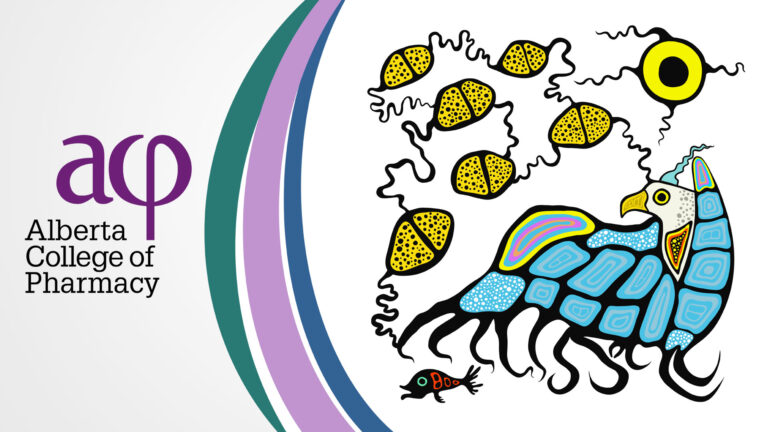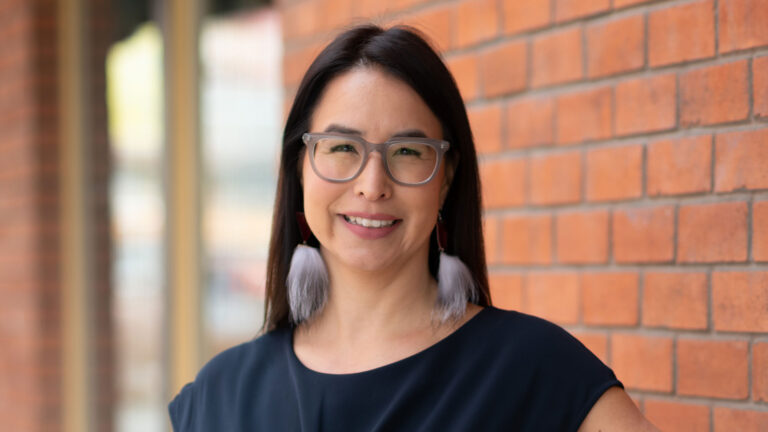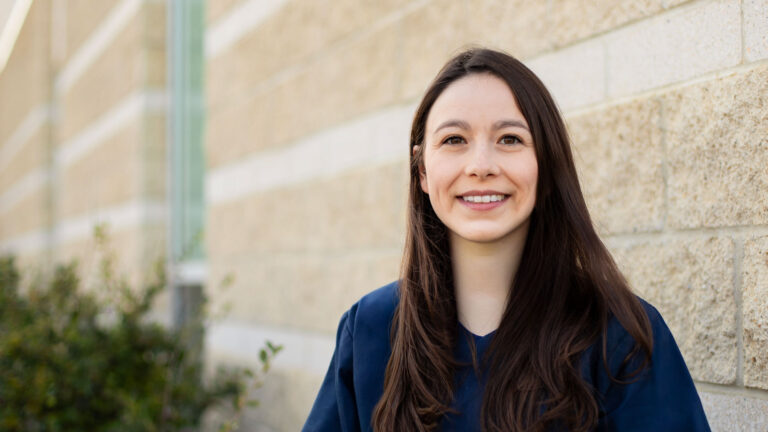
We make decisions every day—some are simple, while others are more complex. We make many decisions without thinking too much about them, while other decisions need time for careful consideration. At the end of the day, we need to make the right choices for ourselves, our loved ones, and our communities.
When pharmacy professionals make decisions, there is the added responsibility to make the correct and ethical decision to help patients with their health and ensure their safety. This edition of Full Scale explores how we make decisions, why we sometimes make the wrong decision, and looks at pharmacy law and ethics. We’ll also look at ACP’s professionalism framework made up of six tenets all pharmacists and pharmacy technicians should display. This edition also has a new feature: an audio podcast allowing us to hear the decision-making process in real time. We hope you’ll take time to listen.
The journal, Frontiers in Psychology, described decision making as “the competition between an emotion system that is automatic but prone to error and a reason system that is slow but rational.” Sometimes, our head will overrule the impulsive, quick decisions that the heart might favour. Sometimes our emotions win the competition.
Dr. Zubin Austin is a professor in the Leslie Dan Faculty of Pharmacy at the University of Toronto. He researches decision making by pharmacists.
“A central tension exists between ‘knowing’ and ’feeling,’ or logic and emotion,” explained Zubin. “As we can all relate, there are times where we want to do something but know we shouldn’t or vice versa. Managing the thought-feeling distinction is crucial to decision making for everyone, and particularly health professionals.”
There are many step-by-step decision-making models available, but Zubin believes the process is too complicated to reduce to a universal framework.
“There is rarely a one-size-fits-all approach that works in all cases,” said Zubin. “In most cases, however, there will be a tension between logic and emotion that needs to be sorted, and both sides will focus on different things to reinforce their different perspectives.”
When we work through decisions, we are faced with outside influences on our reasoning. Zubin presented to a Canadian Pharmacists Conference about non-cognitive factors influencing decision making in pharmacy practice.
“Some of these influences include a strong need for certainty and/or perfection, a desire to be liked, rather than right, and lack of tolerance for ambiguity,” explained Zubin.
“Overall, one way of looking at it would be to say that pharmacists may have challenges in situations where there is not a single, clear-cut, right answer, but instead only a least-worst alternative,” said Zubin. “Learning to manage situations without right answers—and actually selecting a least/worst alternative decision—is of course what happens all the time in primary-care decision making.”
Zubin was part of a research project that published their findings in 2016. Their paper was titled How do community pharmacists make decisions? Results of an exploratory qualitative study in Ontario. They found that pharmacists in the study experienced conflicting attitudes, beliefs, or behaviours (or any combination of the three) when they tried to reach a decision with limited information. The study concluded that pharmacists tend to use the following strategies:
- a strong emphasis on the educational (rather than decision-making) role of pharmacists,
- the value of strong interpersonal relationships to avoid conflict and achieve desired outcomes,
- the desire to seek external advice or defer to others’ authority to avoid making a decision, and
- the use of strict interpretations of rules to avoid ambiguity and contextual interpretation.
So, how do you make sure you end up with the right decision? If there are several ways to reach a conclusion, which one is best? Zubin suggests that instead of calling one form of decision making good or bad, you should use the following points when making a decision:
- be aware of what is influencing your decision making,
- think about the power of emotion or logic to distort good decision making, and
- find ways of balancing these influences in the most productive way possible.
Zubin suggests self-reflection and talking with your peers to improve your decision-making skills.
“Taking the time to reflect and self-analyze to build self-awareness may sound time consuming or boring, but it really is a powerful way of enhancing your understanding of what is truly influencing your decision-making practices,” he said.
Working through a decision, while keeping all these points in mind, could draw out the process. However, Zubin believes that taking the extra time with decisions is a good thing.
“Confidence and competence are entirely different things but can easily be confused,” he said. “People who may appear less confident may be slower decision makers because they deliberate, reflect, and take time to balance thought and feeling. In the long run, that might actually make better decisions leading to better outcomes.”




